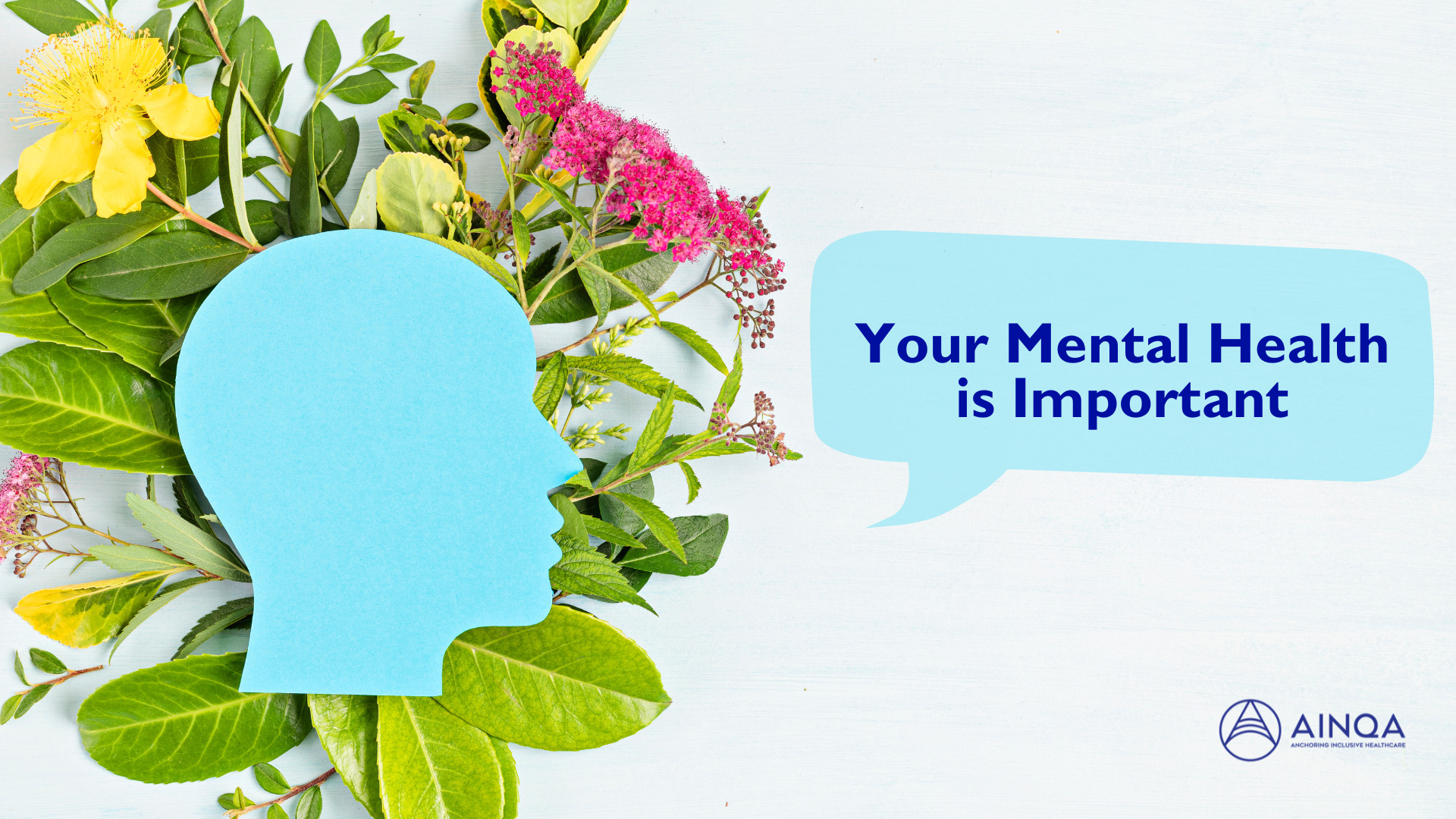
Understanding and Managing Depression
Depression is a serious mental illness that affects millions of people worldwide. It can be a debilitating condition that impacts every aspect of a person’s life, from their relationships to work and overall well-being. Depression can be overwhelming and all-consuming but overcoming it with the right support and treatment is possible. Unfortunately, depression is often misunderstood and stigmatized, which can make it difficult for those struggling with the condition to seek the help they need.
Depression is characterized by persistent feelings of sadness, hopelessness, and a loss of interest in activities that were once enjoyable. Depression is not a sign of weakness or a personal flaw, but rather a complex illness that requires proper diagnosis and treatment.
If you are suffering from depression or suspect a loved one is:
Reach Out for Professional Help: You can access therapies and medications tailored to your needs and create a personalised recovery plan with proper diagnosis.
Build a Support System: It helps to talk it out. Reach out to trusted friends and family members who can provide a listening ear, empathy, and encouragement. If you would rather talk to a stranger, connect with online communities, and support groups who understand what you’re going through.
Take Care of Yourself: Regular exercise, eating a balanced diet, getting enough sleep, and practising relaxation techniques such as deep breathing or meditation can help. Pick up a hobby and find creative outlets to boost your self-esteem.
Establish a Routine: Plan your day. Routine helps fight feelings of aimlessness, gives you a sense of purpose, and reduces the risk of isolation and negative thinking.
Challenge Negative Thoughts: If you find yourself criticizing yourself excessively, practice cognitive-behavioural techniques. When you catch yourself spiralling, replace the negative thoughts with positive or realistic ones. Keep a journal of your thoughts and emotions to help identify patterns.
As The Support Group: Create a safe and non-judgmental space for them to express their feelings. Be a good listener, validate their emotions, and avoid downplaying their experiences. If you find them struggling with their daily tasks, offer help. A little kindness will lighten their load emotionally and physically. And please encourage them to seek professional help and assist in finding appropriate resources. Assure them that reaching out for help is a sign of strength and that they don’t have to face depression alone.
Remember, the journey may be difficult, but you are not alone in this struggle. There are people who care and want to help. There is hope for healing with patience, perseverance, and the right resources.
If you need someone to talk to, reach out to Befrienders https://befrienders.org/find-support-now/


